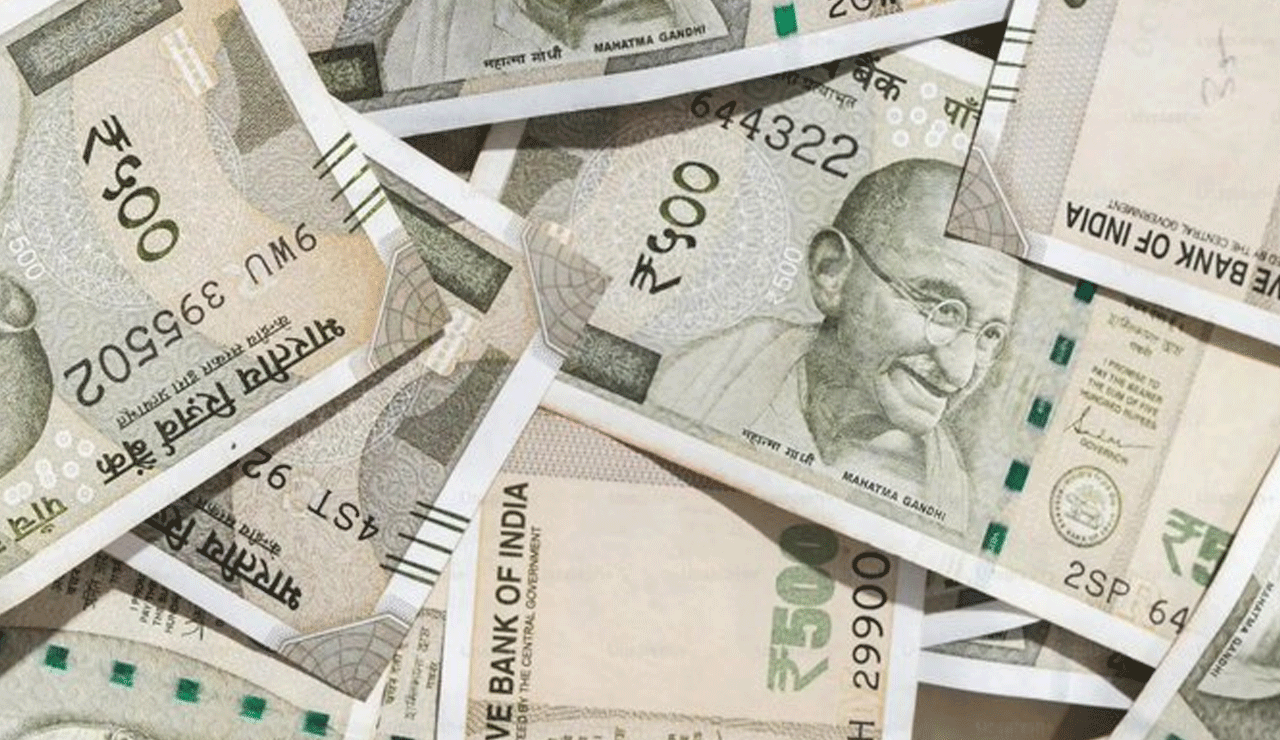Is RBI Stopping Rs 500 Notes in ATMs? PIB Fact Check Explains
A viral message circulating on WhatsApp has falsely claimed that the Reserve Bank of India (RBI) is set to withdraw ₹500 notes from circulation by March 2026.

A viral message circulating on WhatsApp has falsely claimed that the Reserve Bank of India (RBI) is set to withdraw ₹500 notes from circulation by March 2026. However, the Press Information Bureau’s (PIB) Fact Check unit has officially clarified that no such instruction has been issued, and the ₹500 note will continue to remain legal tender across the country.
Table of Contents
What Did the Viral Message Say?
The rumour falsely stated:
“RBI has asked all banks to stop disbursing ₹500 notes from ATMs by 30 Sept 2025. Target is 75% of all ATMs, and then 90% by 31 Mar 2026… ATMs will disburse only ₹200 and ₹100 notes. So start liquidating ₹500 notes in hand.”
This misleading information led to unnecessary panic, prompting many citizens to rush to exchange ₹500 notes, fearing they would soon become invalid.
Also Read: Teenmar Mallanna Files Complaint with Medipally Police Over Office Attack
PIB Fact Check: No Ban on ₹500 Notes
To stop the spread of misinformation, PIB’s Fact Check unit posted on X (formerly Twitter):
❝ Has RBI really asked banks to stop disbursing ₹500 notes from ATMs by September 2025?
No such instruction has been issued by the RBI.
₹500 notes will continue to be legal tender.
Do not fall for such misinformation. Always verify news from official sources. ❞
There has been no official circular or notification from the RBI about discontinuing ₹500 notes or altering ATM dispensing norms.
What Triggered the Confusion?
The misunderstanding may have stemmed from an actual RBI circular released in April 2025. That notice asked banks and White Label ATM Operators (WLAOs) to enhance the supply of ₹100 and ₹200 notes through ATMs to improve currency availability in lower denominations.
However, there was no mention of withdrawing ₹500 notes in that document. The circular’s purpose was to promote ease of transactions with smaller notes, not to phase out the ₹500 denomination.
The Verdict: ₹500 Notes Still Valid and In Circulation
Here’s what you need to remember:
- ✅ ₹500 notes are still legal tender
- ❌ No RBI order to withdraw or limit ₹500 notes
- ❌ No directive to ATMs to stop dispensing ₹500 notes
- ❗ Do not panic or rush to exchange your ₹500 notes
For verified updates on financial matters, always refer to official RBI communications or follow PIB Fact Check on social platforms.
Stay Informed, Stay Safe
Misinformation spreads fast—especially on WhatsApp and social media. Always cross-check financial or policy-related messages with trusted sources like the RBI website or PIB Fact Check before taking any action.
